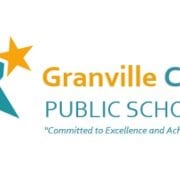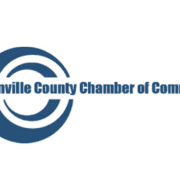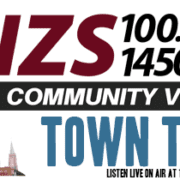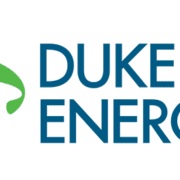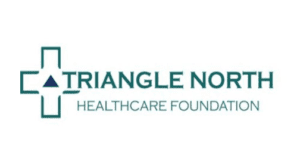-Press release and additional information courtesy Tanya Evans, District Manager, Duke Energy
In an email to WIZS News and other media outlets, Evans said, “I am sharing a bit of good news regarding electric rates. Due to fuel savings achieved from the joint dispatch of our generation fleet (one of the advantages of the merger several years ago), we are proposing an adjustment to our fuel rate in order to pass those savings along to our customers.”
Duke Energy Progress files annual adjustments with North Carolina Utilities Commission for customers in North Carolina
If approved, typical residential customers will see their monthly bills go down $4.
RALEIGH, N.C. – Duke Energy Progress today made its annual filings with the North Carolina Utilities Commission (NCUC) for costs associated with fuel, compliance with the state’s renewable energy portfolio standard (REPS), cost recovery under the Joint Agency Asset Rider (JAAR), and implementation of energy efficiency (EE) and demand-side management (DSM) programs.
In its filing, Duke Energy Progress is proposing a decrease in monthly fuel costs as part of an annual adjustment of the actual cost of fuel used to power North Carolina homes and businesses through renewable, natural gas, nuclear and coal-fired generation. By law, the company makes no profit from the fuel component of rates.
The fuel rate is based on the projected cost of fuel used to provide electric service to the company’s customers, plus a true-up of the prior year’s projection. The NCUC is responsible for reviewing the actual fuel costs required to serve customers to ensure an accurate adjustment is made each year.
The percentage change on a typical bill would be an average decrease of 3.3 percent for residential customers, 4.4 percent for commercial customers and 1.9 percent for industrial customers. The total monthly impact of all rate changes for a typical residential customer using 1,000 kilowatt-hours (kWh) per month would be a decrease of $4, from $120.95 to $116.95.
The new fuel, REPS and JAAR rates would go into effect Dec. 1, 2019, and the new EE and DSM rates would go into effect Jan. 1, 2020.
Helping customers save
Duke Energy Progress works to actively manage its fuel contracts to keep fuel costs as low as possible for customers. Savings achieved from the joint dispatch of Duke Energy’s generation fleet in the Carolinas also help to minimize the company’s fuel costs.
Duke Energy Progress is also committed to helping customers take control of their energy use and manage their bills. The company offers energy-saving tips and innovative efficiency programs for every budget to help customers realize additional savings.
For example, the Home Energy House Call is a free in-home energy assessment, valued at $180, designed to give Duke Energy customers more information about how they use energy in their home and strategies to save money on their monthly bill.
To learn more about these programs, visit duke-energy.com/savings.
Duke Energy Progress
Duke Energy Progress, a subsidiary of Duke Energy, owns nuclear, coal, natural gas, renewables and hydroelectric generation. That diverse fuel mix provides about 12,700 megawatts of owned electric capacity to approximately 1.6 million customers in a 32,000-square-mile service area of North Carolina and South Carolina.
Duke Energy (NYSE: DUK), a Fortune 150 company headquartered in Charlotte, N.C., is one of the largest energy holding companies in the U.S. It employs 30,000 people and has an electric generating capacity of 51,000 megawatts through its regulated utilities, and 3,000 megawatts through its nonregulated Duke Energy Renewables unit.
Duke Energy is transforming its customers’ experience, modernizing the energy grid, generating cleaner energy and expanding natural gas infrastructure to create a smarter energy future for the people and communities it serves. The Electric Utilities and Infrastructure unit’s regulated utilities serve approximately 7.7 million retail electric customers in six states – North Carolina, South Carolina, Florida, Indiana, Ohio and Kentucky. The Gas Utilities and Infrastructure unit distributes natural gas to more than 1.6 million customers in five states – North Carolina, South Carolina, Tennessee, Ohio and Kentucky. The Duke Energy Renewables unit operates wind and solar generation facilities across the U.S., as well as energy storage and microgrid projects.
Duke Energy was named to Fortune’s 2019 “World’s Most Admired Companies” list, and Forbes’ 2019 “America’s Best Employers” list. More information about the company is available at duke-energy.com. The Duke Energy News Center contains news releases, fact sheets, photos, videos and other materials. Duke Energy’s illumination features stories about people, innovations, community topics and environmental issues. Follow Duke Energy on Twitter, LinkedIn, Instagram and Facebook.
###

